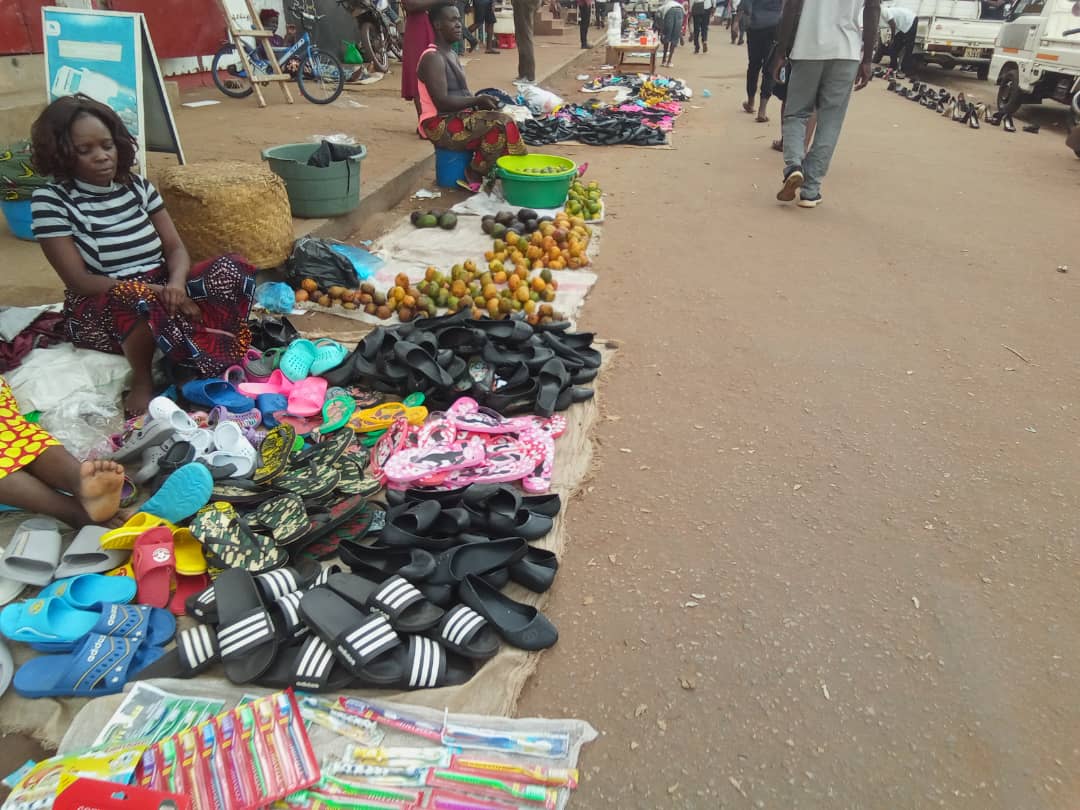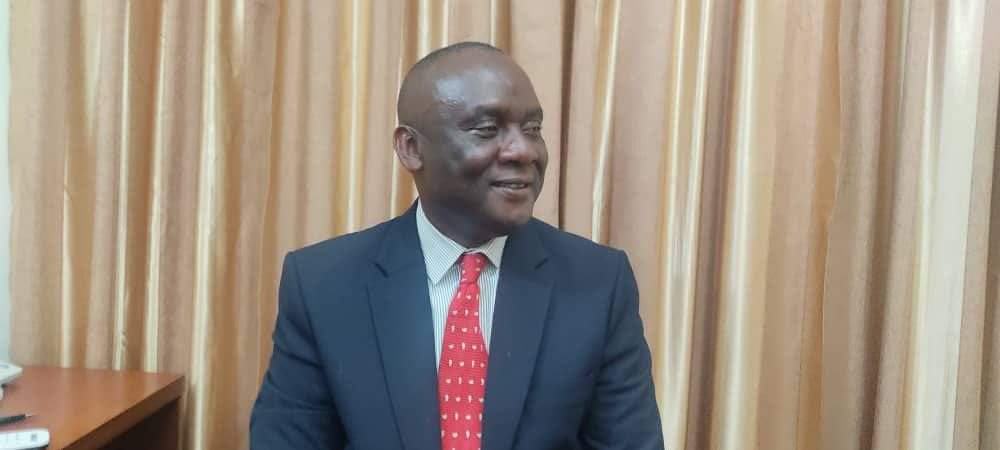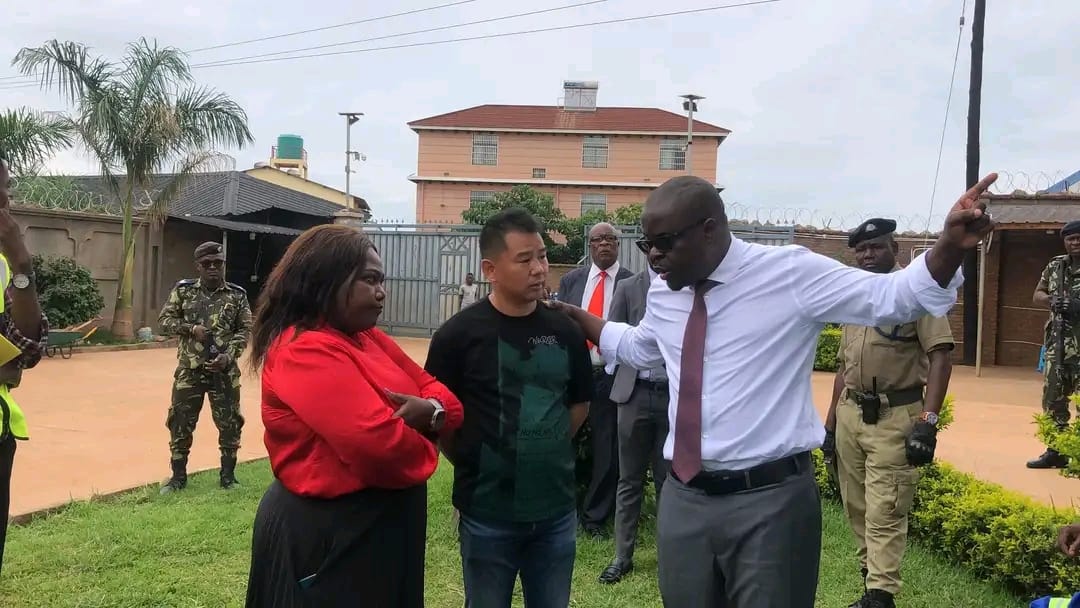By Burnett Munthali
As the clock struck midnight and fireworks lit up the sky, signaling the dawn of 2025, celebrations were in full swing across Malawi and the world. From bustling city centers to quiet rural communities, people from all walks of life ushered in the new year with joy and hope. However, as the celebrations subsided, stakeholders began to reflect on the year gone by—2024—a year many have described as a mixed bag.
Economically, 2024 was marked by significant challenges. Malawi faced rising inflation, a volatile currency, and dwindling forex reserves, exacerbated by global economic uncertainties. Unemployment remained a pressing issue, with many young graduates struggling to secure stable jobs, as evidenced by numerous reports of underemployment and reliance on informal sector activities.
Yet, amid these difficulties, resilience and innovation emerged as key themes. Several Malawian entrepreneurs adapted to the challenging environment by creating locally sourced products and services. The agricultural sector, while grappling with climate-induced shocks, saw commendable growth in certain areas due to improved farming techniques and government-backed irrigation projects.
On the political front, 2024 was a year of milestones and missteps. President Lazarus Chakwera’s government made efforts to reform public institutions, although critics pointed out inconsistencies and slow implementation. The Tonse Alliance faced internal tensions, with coalition partners occasionally clashing over leadership and resource allocation.
The political climate was further heightened by preparations for the 2025 elections. While some applauded the judiciary’s readiness to handle potential post-election disputes, others criticized the government’s expenditure on luxury items amidst widespread poverty. The death of Vice President Saulos Chilima in mid-2024 also cast a long shadow, sparking debates about succession and governance.
Socially, Malawi grappled with issues of inequality, corruption, and limited access to quality healthcare and education. Nevertheless, 2024 saw notable cultural and artistic achievements. Malawian artists like Jethro Longwe continued to shine, using their craft to celebrate and preserve the nation’s rich heritage.
The year also saw heightened advocacy for media freedom and civil rights, with activists and journalists like Kingsley Jassi calling out government excesses and pushing for greater accountability. These efforts were a testament to the enduring spirit of Malawians in striving for a just and equitable society.
As Malawians step into 2025, there is a collective sense of hope tempered by realism. Stakeholders have urged the government to prioritize economic recovery, enhance political stability, and address social inequalities. Citizens, too, are being called upon to play their part in building a resilient and prosperous nation.
Indeed, 2024 may have been a mixed bag, but it also laid the foundation for potential growth and transformation in 2025. As the celebrations wind down, the focus shifts to action, with the collective dream of making this new year a turning point for Malawi.




